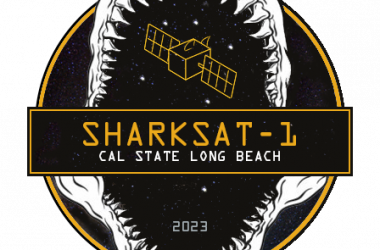If state tax increases are not passed in November, the Cal State University may raise undergraduate tuition by 22 percent, or $1,313.
This increase would be in addition to a $498 increase approved last year by the CSU Board of Trustees.
“We are now facing the greatest budget crisis of our history,” CSULB Provost Donald Para said.
Many ideas for cutting costs have been discussed, including reducing admission to programs with low graduation rates and expensive graduate programs. Faculty teaching courses in these programs would then be used to teach undergraduate classes with a higher student count.
Another idea is to entice more international students to come to the university, which would bring in more revenue.
International students paid $372 per unit on top of system-wide campus tuition during the 2011-12 academic year.
“We are purposely trying to attract international students — two times the number we currently have — in the next few years,” Para said.
Some other potential cost-cutting actions are less extreme. Mandating electronic copies of forms, as opposed to hard copies, would cut costs over time.
“We are among the most efficient campuses in the nation,” Para said.
Last year’s fall 2012 $498 tuition increase will help the university’s bottom line, giving CSULB about $10 million in additional revenue but leaving it $11.4 million in the hole.
In the best-case scenario, CSULB will only face this shortfall, but if November tax increases do not pass and the corresponding 22 percent tuition increase is also not passed, CSULB will find itself $27 million in the hole.
Gov. Jerry Brown’s 2012-13 budget calls for $200 million in additional cuts to the CSU if voters don’t approve two tax increases this November.
Brown has asked voters to approve an increase in sales tax and higher taxes on Californians earning more than $250,000 annually.
A short-term way to produce money for the university is to over-enroll, CSULB officials said.
The goal for enrollment in 2012-13 academic year is 27,413 first-time students, two percent over the Chancellors Office’s enrollment goal. Over-enrolling may give the university extra money for a short term, but it isn’t a long-term solution.
A steady rise in students would demand a need for more professors and lower number of classes open for students. Graduation rates would decrease, and graduating in four years would become nearly impossible.
But as of now, the tuition increase is only hypothetical. There is no way of knowing exactly what the state of the university’s budget will be until November.
“It is of great concern to us because if the November tax increase does not pass, there will be a $200 million CSU-wide cut,” said Mary Stephens, vice president of administration and finance. “[About $15 million] of that money could be cut from our own campus, and we won’t know until halfway through our academic year.”



